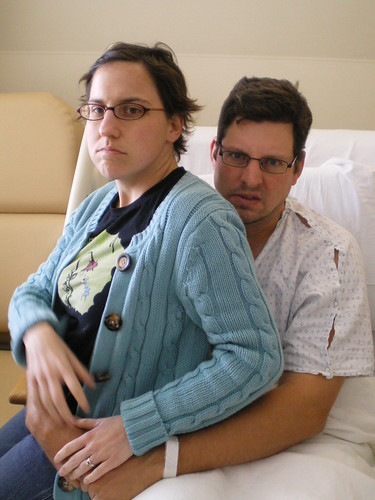Today during the twitter conversation Gautam went back to one of my old blog posts on empathy and left a comment that I think deserves its own post, so I have posted it below. Much of what he writes strikes me as very true and accurate. What is the solution?
"I think the crux of the problem is the practitioners that medical students train with. I'm a final year in Sheffield and even though we have 12 weeks of general practice over two separate sessions, that leaves around 2.75 YEARS of training in hospital.
My own opinion is that in-hospital practitioners are less empathic because the prevailing attitude is that patients are problems to be solved. The 'House MD' way of looking at things still prevails amongst many practitioners - particularly surgeons but equally amongst medical physicians. Students are 'taught' empathy but equally, are (not overtly) dissuaded from feeling it, talking about it and dealing with it. The pressure is to deal with the 'real' problems - the broken leg, the tweaking of medication doses - and ignore the 'BS' - the trauma of losing a child or partner (unless they can be referred for CBT).
Contrasting hospital care to general practice, the existence of a lasting relationship between doctor and patient means that these concerns have to be taken more seriously simply because the patient is a recurring figure in the doctor's professional life. In other words, it makes sense to deal with these patients as people, rather than as problems.
Now, this theory of mine (as weakly-backed by evidence as it is!) holds some water, I feel, since patients who are seen in clinic regularly are treated differently by consultants. These patients' problems are listened to, their concerns are heard and dealt with as much as is possible. Time constraints exist with patients on the ward, as well, but for some reason, (perhaps worries about confidentiality and privacy?) they are not covered as completely.
Medical students can be taught to reflect and encouraged to empathise by the medical schools as much as possible. But while they are taught as apprentices by overworked and jaded physicians and surgeons who may not have time to empathise as much as they'd like to, true empathy remains out of reach."
Thank you, Gautam.

No comments:
Post a Comment